Base Batteries, Bangalore-based battery manufacturer not only produces eco friendly batteries but also supplies batteries for electric vehicles and reducing lead content in all its batteries across industries to promote green initiative. The company has also automated its newly commissioned Hosur plant in Tamil Nadu to avoid rejections and to minimise human interventions. In the operation side Base has brought in software and analytics to ease the process. For an instance technologies like SAP and salesforce.com with its multifaceted advantages takes care of battery adjudication, distribution, sales and warranty activities. Lithium ion batteries constitute major weight-age in electric vehicle segments but the innate traits baffle the manufacturing initiatives although advantages are obvious.
Lithium ion batteries are now in the phase of analysis on various grounds. The capability of manufacturing the batteries, lacunae in the manufacturing process, assessing the price, quality of the outcome, provisions in increasing the quality if needed, temperature needs are the attributes which are getting contemplated now. “Without understanding the technology we would not be able to enter the market but if the market is lucrative we might action it with a set-up,” says Aditya Arora, COO of Base Batteries. “Electric vehicles are the revolutionary approach for a pollution free environment. But, because of the profitability with the lobby of fuels the electrification of vehicle segment falls in a grey area,” opined Arora.
China and Australia are the largest producers and consumers of lithium ion batteries. The major variable which is to be considered on manufacturing lithium ion batteries is the conversion cost. The battery manufacturing will not repute any profits till a scale is achieved and after that scale point the profits will become exponential. Base Batteries currently utilises 70% of Hosur plant and kept aside 30% for future expansion. If company feels the market is lucrative will mark an investment in future but nothing less than 2 years will it be commissioned. “Lithium ion battery manufacturing is highy volatile and dangerous process. The danger blast ratio of lithium ion manufacturing is 1:80 where 1 acre of land utilised for lithium ion battery manufacturing compels a barren land distribution of 80 acres. If the malfunction in the process slams a blast then the 80 acre radius will have the repercussions,” averred Arora.
While expressing facts on Formula E, Arora divulged that, “We have high potential in sports vehicle. As we have sponsored in the past, we will get first hand information on Formula 1 vehicle launches. The adaptability curve of electric vehicle will be very low in India as the market still needs to get the hand of usage of electric vehicles. China is the largest consumer of electric vehicles and the battery variance regards to quality keeps pushing the boundaries. Dynamics should embrace the Indian market as well, as the particulates emitted due to fossil fuels are highly dangerous to human life existence if not addressed at the earliest.”
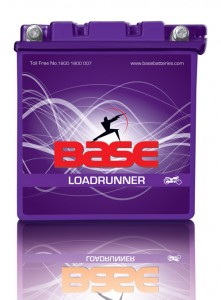
Going green by reducing lead
The excessive use of lead in batteries might pollute the ambiance which paves the way for expanded grid technology. In conventional technology a mould will be there and molten lead should be poured on the mould which produces grid patterns. On the other hand, in expanded grid technology a belt of lead will be given to a machine which reduces the space occupied by the lead and also thins its surface. Hence the same amount of quality with reduced consumption of lead is achieved. Nonetheless there are shortcoming with respect to this technology adaption. This expanded grid technology batteries will be temperature resistant and hence will worn out on certain temperature peaks. This decreases the life time of the battery and increases warranty claims.
Maintenance free batteries come with calcium-calcium composition. The primitive lead usage uses antimony content which leads to high self discharge, corrosion and water usage. The conventional positive plate with a calcium negative to an extent is maintenance free but they do have lacunae. By putting shorter plates in the battery with increasing volume of electrolytes cope up to an extent but water loss has become inevitable. Calcium-calcium batteries are comparatively increasing the span of batteries.
Battery manufacturers face challenges with respect to tractor motors as the products are abused though distributed to agriculturists with a very less margin. The tractor motor batteries are used to connect UPS during power failures and the same is abused with high temperatures where thin plates in the battery could not withstand the heat. The battery soon gets heated up, life time goes very short and gets piled up for a warranty claim. Indian markets should be served with tractor batteries of thick plates which could serve dual purpose with its own shortcomings.
Speaking about the investment made, Arora apprised that, “Solan plant at Himachal Pradesh was commenced in 2006 at an investment of Rs 55 crore and the same in a span of 8-9 years is multiplied close to 5 times with an investment figure striking at Rs 250 crore now. We would not be able to meet the growing demand with 1 plant and hence we tried ruling the demand by means of trading, contract manufacturing where the ancillary units have produced and supplied to us and the same is utilised to have our collinearity unharmed with demand and supply. But we got a signal to taper down these business activities as the brand recognition’s diameter is widened and the need for another plant spurred us with prospects.”
Hosur plant is also commissioned with an automation ideation a par with the Solan plant where 30-40% of manufacturing is automated with machines. For Hosur plant the machines are imported from Europe and America. Arora also commented that “Auto business initially was complacent with 20% where 80% contributes to non-auto segment. But it has geared up and the auto business now contributes 40% of our revenue.”
Base Batteries business mainly focuses on the after market as capacity constraints hit them and supplying to OEMs is a challenge. Price, quality and brand are the 3 attributes manufacturers clinch on to get established in the market with conflicting players. Base Batteries’ unique value proposition is to capitalise on service where in the company renders best class service with high quality products and their strategy to edge the fellow players is driven by service. The company serves the after market with 15000 retail outlets, 475 distribution centres and 48 service centres. Battery market has a grass plot but needs little backing with respect to auto industries to save India from disastrous pollution effects. ACI
Text: Anusha B




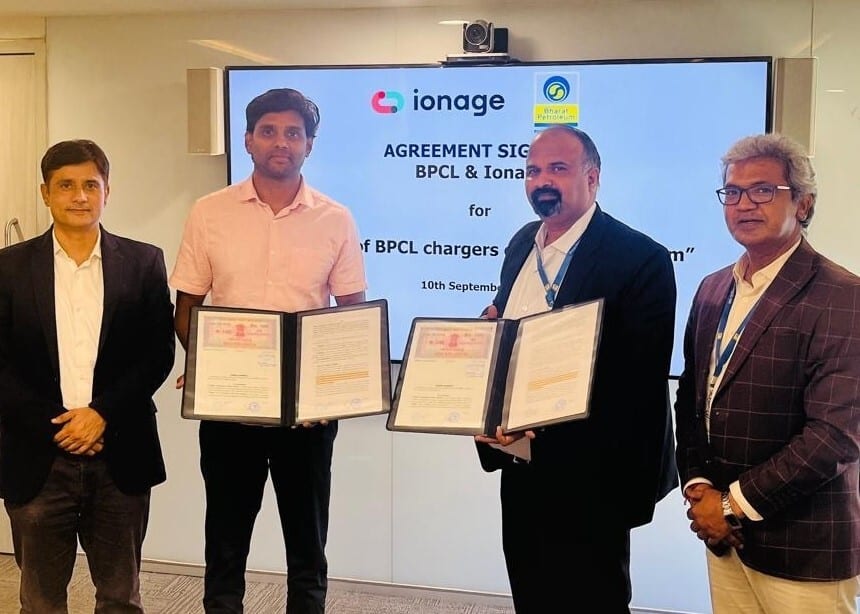
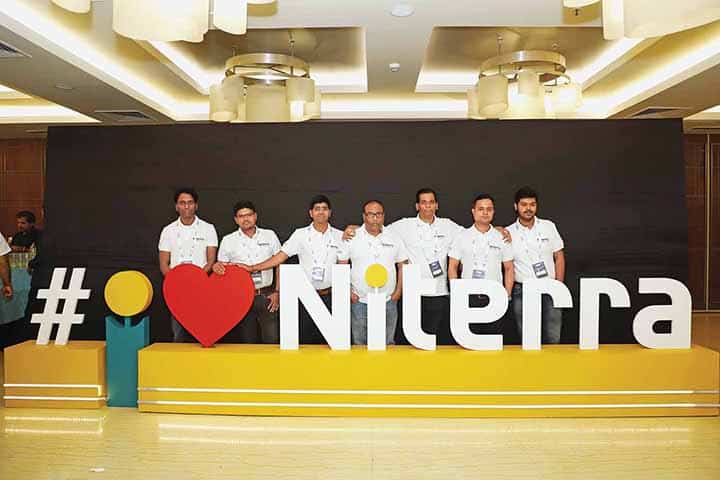
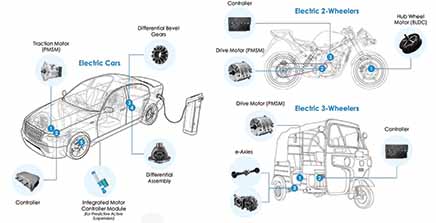

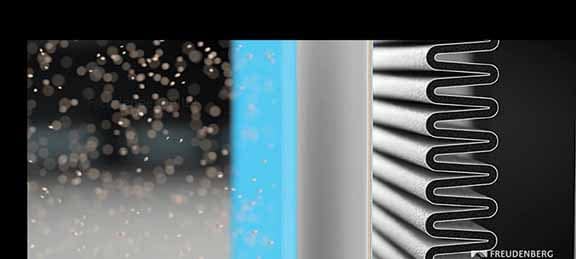
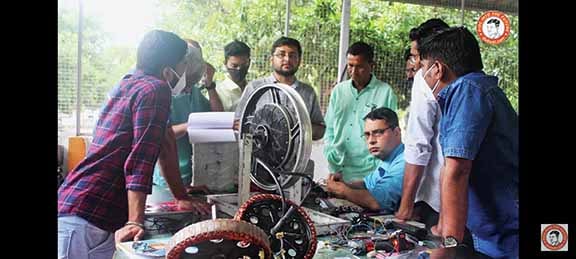
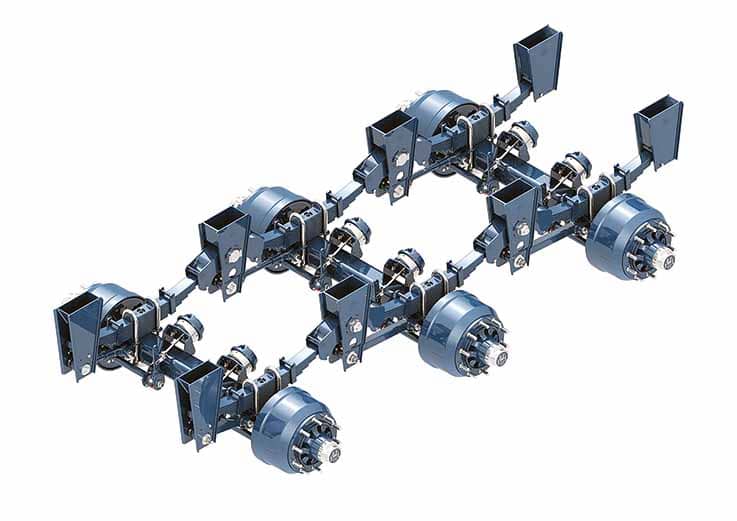

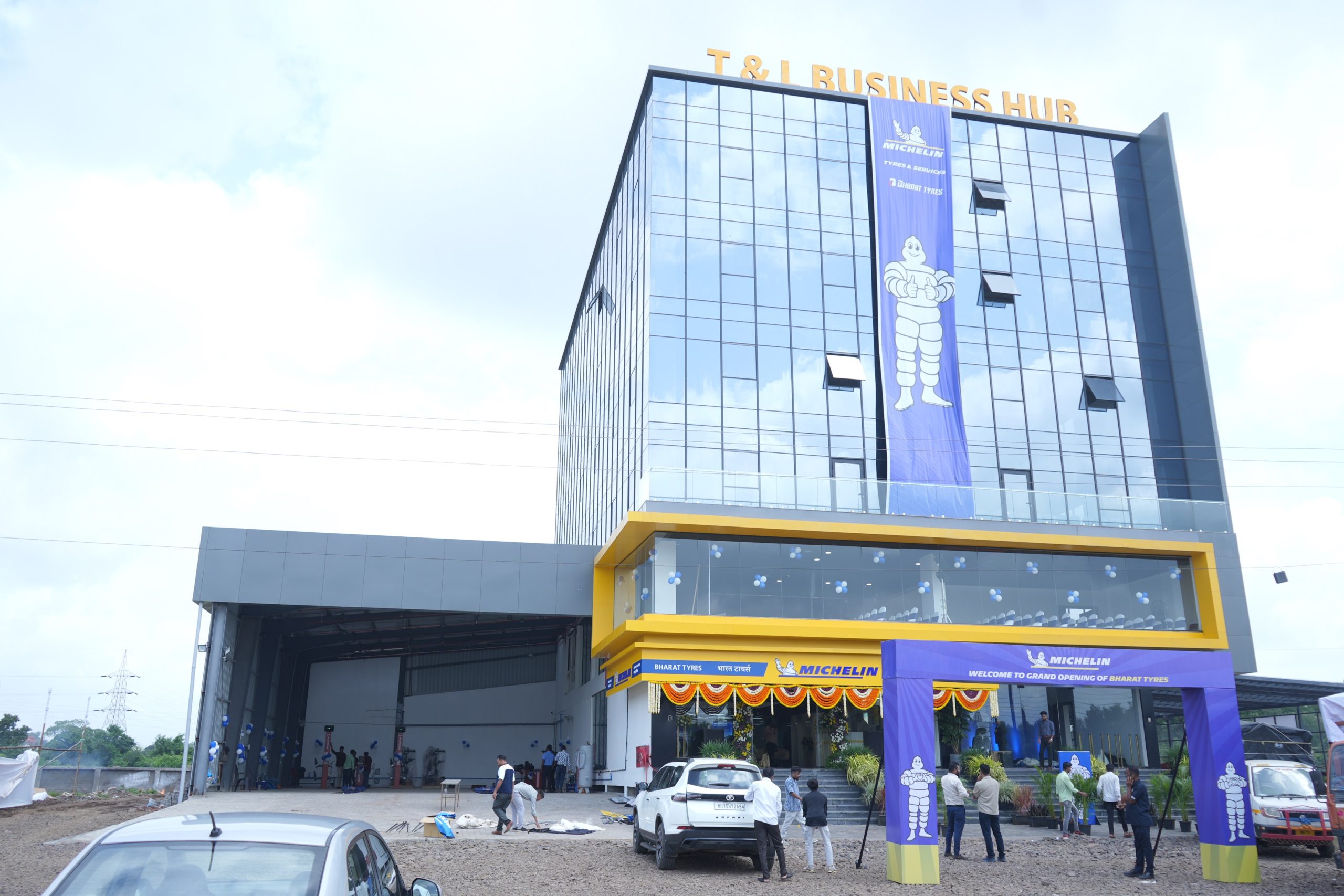
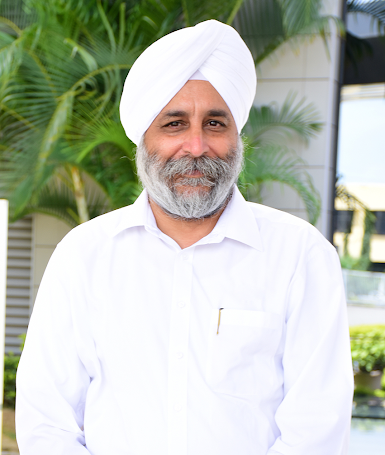
Leave a Reply